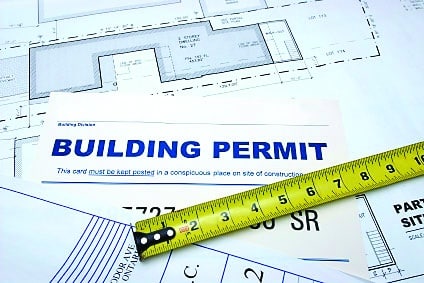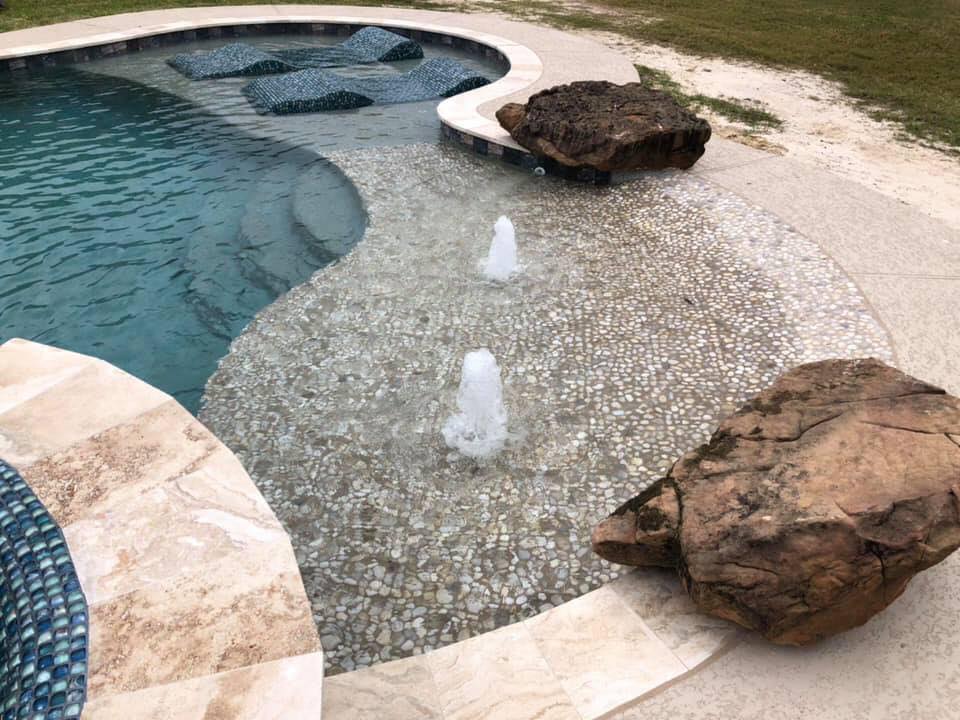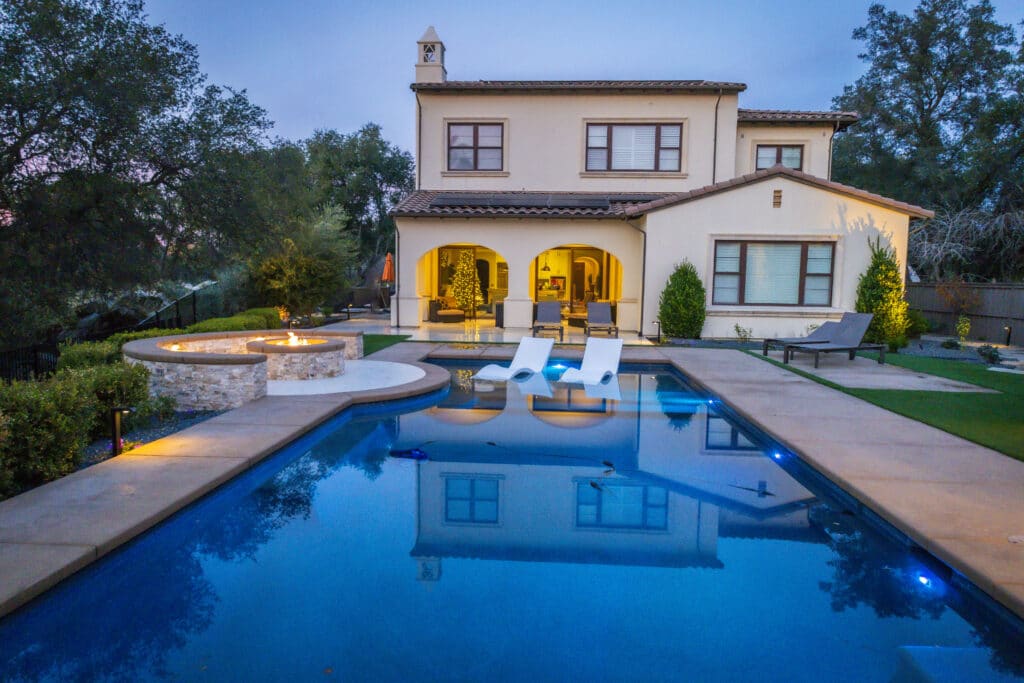Obtaining Pool Permits and Understanding Easements
If you’ve decided to take the plunge and get a swimming pool, you are about to experience the excitement of choosing your pool shape, selecting colors, and deciding on which swimming pool features to incorporate into the design.
While many aspects of designing your pool will be enjoyable, some mundane tasks need to be taken on to ensure you are compliant with your municipality’s requirements for pool building. This includes obtaining pool permits.
Most cities, townships, and counties require that you have a pool permit to build your inground swimming pool. Typically, your pool builder will take care of obtaining the necessary permits for you, but it’s helpful to understand what’s involved in the process.
What Pool Permits are Needed?
Typically, you will be required to have a residential building permit to build an inground swimming pool. In some areas of the country, you will also need specialized permits, such as stormwater, electrical or plumbing.
Your pool builder will submit the application for your pool permit, accompanied by a copy of the plot plan. A plot plan is a detailed diagram that shows the location of the swimming pool on your property, with measurements to the fence and house. This helps the building inspector determine if you have enough room in your backyard to build a pool of your chosen style and size. The dig plan may be required.
If you live in an HOA, you may also need approval from the HOA.
How Long Does It Take for Pool Permit Approval?
The time needed to obtain approval varies greatly, with 2-6 weeks being the norm. Just as different entities have different requirements, so too, is the wait time for pool permits. Some municipalities may require a site visit, but typically, they will use electronic files to consider a pool permit.
There can be delays in the process if your municipality is experiencing a lag in response time. You should anticipate delays if, for example, the municipality requires additional documentation. It should also be noted that if the plans for your pool are modified, you may have to repeat the pool permit process.
Easements
Many homeowners should know if their property contains an easement. An easement gives a ‘right’ [hence, right-of-way] to a specific entity for a specific use, for instance, a utility company easement gives the utility company the right to build and maintain power lines.
Typically, one cannot build on an easement. That includes not just the pool but any decking or retaining walls included in your project plan.
Some municipalities will grant a waiver to build on an easement, depending on what type of easement is included. Even with a waiver, building on an easement is not without risk.
For example, if you were to build a deck on an easement that allows the electric company access to a specific area, and they cannot access to fix power lines because the deck is blocking their way, they may demand that your deck is removed, at your expense.
While acquiring permits and dealing with easements may seem daunting, your swimming pool builder should be taking on the work for you. Check your contract and make sure it includes these important details. By using a local pool builder, you can be sure that he or she will know what’s required for your area.





